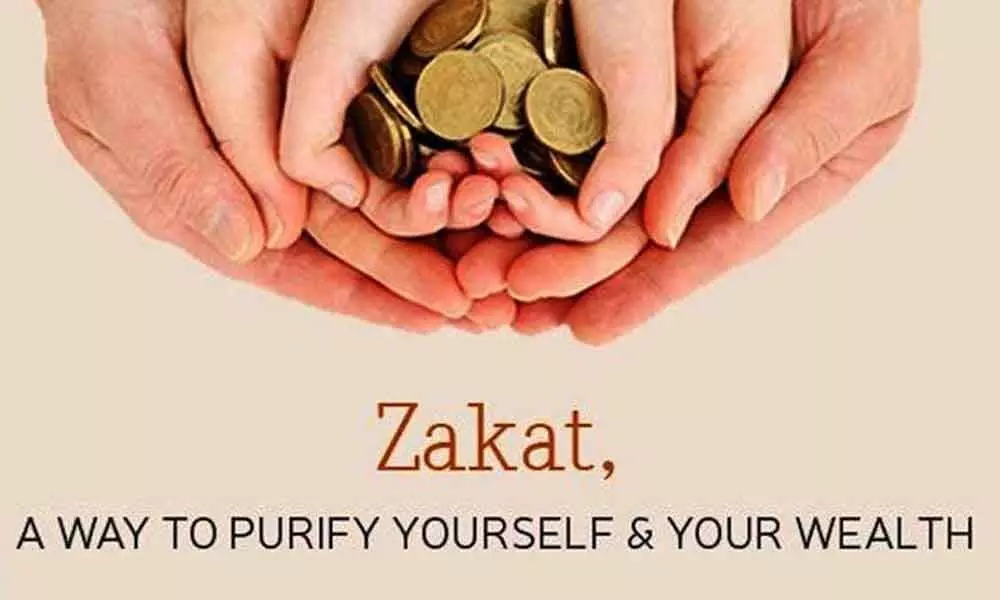Zakat is a fundamental practice in Islam that involves donating a specific portion of one’s wealth to assist those in need. Typically amounting to 2.5% of a person’s accumulated savings and assets, Zakat plays a crucial role in both spiritual purification and social support.
What is Zakat?
Zakat is more than a mere charitable act; it is a prescribed duty that forms an integral part of Islamic financial practice. The term “Zakat” means “purification” in Arabic, reflecting its role in purifying a Muslim’s wealth. By setting aside this portion of their assets, Muslims aim to cleanse their finances and foster a spirit of generosity and social responsibility.
The Muslim’s Responsibility
To fulfill their obligation of Zakat, Muslims must:
- Calculate and Distribute: Each year, Muslims are required to assess their savings and assets to determine the amount due for Zakat. This includes not just cash, but also investments, savings, and other forms of wealth. The calculated amount is then given to those in need, ensuring that it reaches individuals or organizations dedicated to supporting the underprivileged.
- Promote Social Equity: Zakat serves as a tool for addressing economic disparity and promoting social justice. By redistributing wealth, it helps bridge the gap between the affluent and the less fortunate, contributing to a more balanced and equitable society.
- Support the Community: The act of giving Zakat strengthens community ties and reinforces the collective responsibility to care for one another. It ensures that those who are struggling have access to basic necessities and support.
The Impact of Zakat
Zakat is not only a means of financial purification but also a powerful way to contribute to societal well-being. It fosters a culture of compassion and responsibility, encouraging Muslims to actively participate in alleviating poverty and supporting their community. Through Zakat, individuals fulfill their religious duty while making a tangible difference in the lives of others.


Leave A Comment